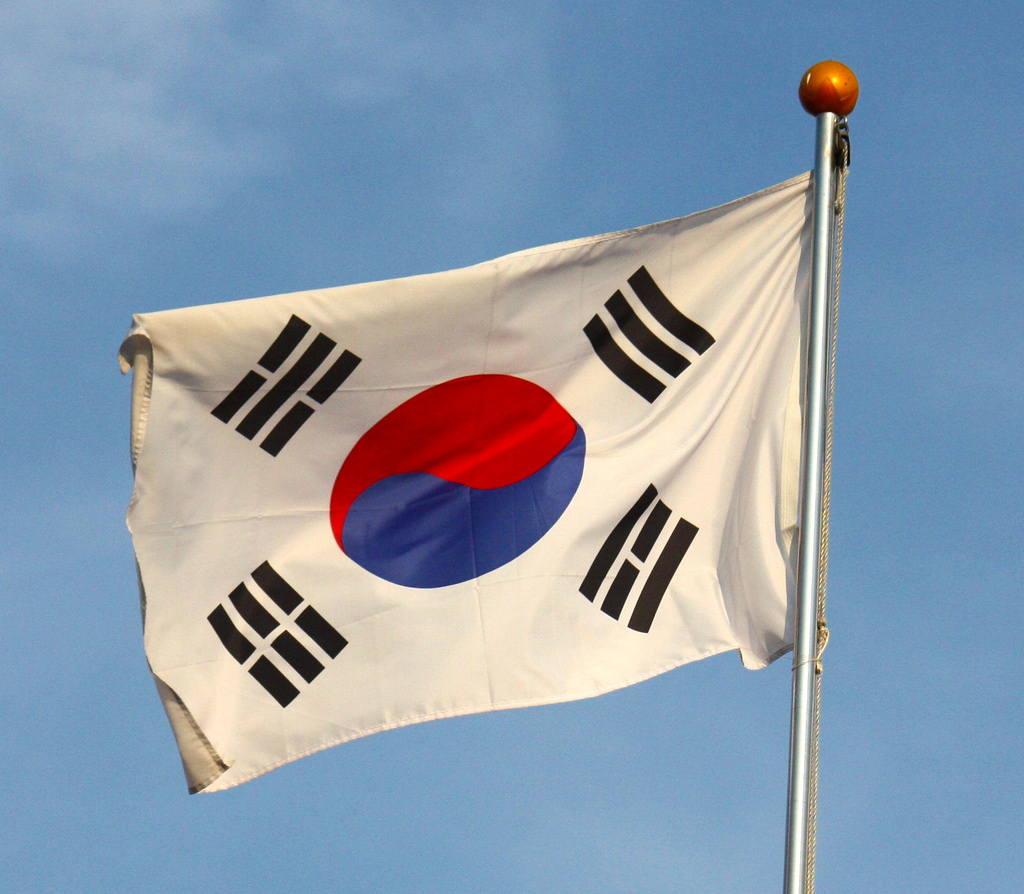South Korea boosts surveillance after North launches spy satellite
The suspension of a clause in the agreement will see South Korea stepping up military surveillance along the heavily fortified border with North Korea. North Korea said it placed its first spy satellite in orbit on Tuesday.

- Country:
- Korea Rep
South Korea on Wednesday suspended part of a 2018 military agreement with North Korea after it defied warnings from the United States and launched a spy satellite. The suspension of a clause in the agreement will see South Korea stepping up military surveillance along the heavily fortified border with North Korea.
North Korea said it placed its first spy satellite in orbit on Tuesday. Photographs in North Korean state media showed what appeared to be leader Kim Jong Un watching the fiery launch of a rocket from a base. Kim was later briefed on the satellite's initial operations at the control centre of the space agency in Pyongyang and viewed images taken above the U.S. Pacific territory of Guam of U.S. military installations, including the Andersen Air Force Base, the North's KCNA news agency said.
Kim stressed the need for more reconnaissance satellites on different orbits to give his armed forces "abundant valuable real-time information about the enemy and further promote their responsive posture", it said. The satellite would begin its reconnaissance mission on Dec. 1, after adjustments, KCNA said.
South Korea's military said North Korea's military reconnaissance satellite was evaluated to have entered orbit, but it would take time to assess whether it was operating normally. Earlier, the Pentagon said the U.S. military was assessing whether the launch was a success. U.S. National Security Council spokesperson Adrienne Watson called the launch "a brazen violation of multiple U.N. Security Council resolutions".
South Korean President Yoon Suk Yeol, in Britain on a state visit, approved the suspension of part of the agreement with North Korea. Yoon earlier led a National Security Council meeting with ministers and the intelligence chief by video link. The pact between North and South Korea, known as the Comprehensive Military Agreement and aimed at de-escalating tension between them, was signed at a 2018 summit between then South Korean President Moon Jae-in and the North's Kim.
Critics have said the pact weakened South Korea's ability to monitor the North's near the border while North Korea had violated the agreement. South Korea said it was suspending a clause in the agreement and resuming aerial surveillance near the border.
SHOW OF FORCE The U.S. nuclear-powered submarine USS Santa Fe docked at a South Korean port on Wednesday, a day after the Carl Vinson aircraft carrier arrived in a show of force in response to North Korea's nuclear and missile programmes.
Visiting the carrier, South Korea's Defence Minister Shin Won-sik said maritime exercises with the United States and Japan were planned to show their "strong will" to respond to any North Korean provocation, his office said. U.N. Secretary-General Antonio Guterres urged North Korea to fully comply with U.N. resolutions, which bar its use of technology applicable to ballistic missile programmes, a spokesperson said.
The foreign ministry of China, North Korea's closest ally, called on all parties to ensure peace and stability. KCNA said the Malligyong-1 satellite was launched on a Chollima-1 rocket from the Sohae satellite launch facility at 10:42 p.m. (1342 GMT) on Tuesday and entered orbit at 10:54 p.m. (1354 GMT).
North Korea had notified Japan of a satellite launch after two failed attempts to put what it called spy satellites into orbit this year. RUSSIA CONNECTION
Tuesday's launch was the first since leader Kim met Vladimir Putin at a Russian space facility in September, where the Russian president promised to help the North build satellites. South Korean officials said the launch most likely involved Russian technical assistance under a growing partnership that has seen North Korea supply Russia with millions of artillery shells.
Some missile experts, however, said it was too soon for Russian technical assistance to have been fully incorporated into the satellite or the rocket and Russia would not have shared highly sensitive and proprietary technology. "This consultation may not have been an in-depth involvement in the design but likely targeted specific challenging aspects within North Korea's planned design," said Hong Min, an expert on the North's weapons at the Korea Institute for National Unification.
Russia and North Korea have denied arms deals but have promised deeper cooperation. The launch came just over a week before South Korea plans to send its first spy satellite into space on a rocket operated by the U.S. company Space X.
(This story has not been edited by Devdiscourse staff and is auto-generated from a syndicated feed.)










